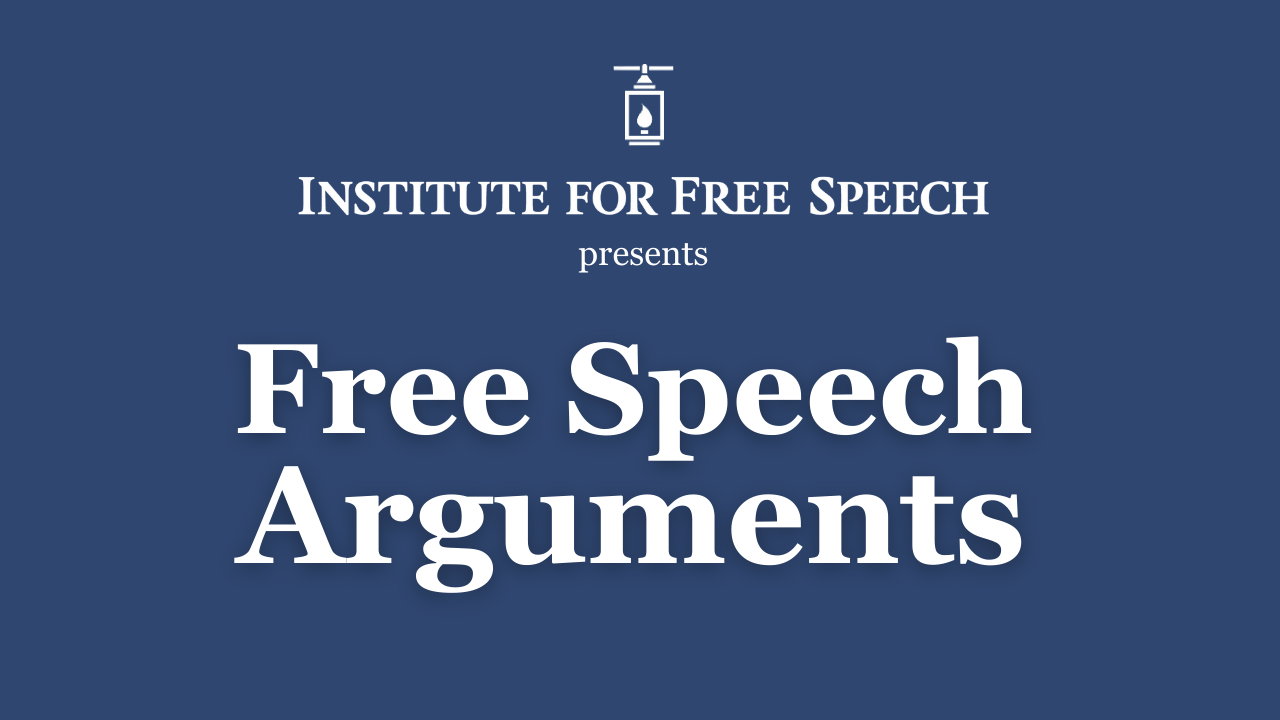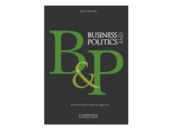Episode 38: State of Washington v. Meta Platforms, Inc.
State of Washington v. Meta Platforms, Inc., argued before the Supreme Court of Washington on October 28, 2025. Argued by Robert McKenna (on behalf of Meta Platforms, Inc.) and Cristina Sepe, Deputy Solicitor General of the State of Washington (on behalf of State of Washington).
Background of the case, from the Supplemental Brief of Petitioner Meta:
The campaign finance law at issue here has made it irrational and unworkable for digital platforms to carry political ads targeting Washington state and local elections. Major platforms have banned these ads as a result. The law tips the scales against disempowered political actors who need low-cost but effective digital advertising to communicate with voters. And the State has failed to justify that result under the First Amendment.
In 2018, the State expanded the Fair Campaign Practices Act (FCPA) to impose burdensome disclosure obligations on “digital communication platforms.” The State now requires such platforms to maintain extensive information about any advertisement in the last five years that constitutes “political advertising,” and disclose this information upon request to any person or entity—anywhere in the world and at any time—within two business days. Candidates and campaigns, meanwhile, have less demanding disclosure obligations.
And even minor noncompliance carries significant penalties for platforms: Based on its failure to timely satisfy 12 requests for information from just three individuals, Meta faces a $35 million judgment. There is no reason for Meta—or any other platform operator—to incur the threat of massive penalties (and high compliance costs), by continuing to carry ads that provide very little revenue. It is no surprise, then, that Meta and others banned Washington political ads from their platforms.
Statement of the Issues, from the Supplemental Brief of Petitioner Meta:
- Whether the FCPA and implementing regulations violate the First Amendment because they impose unjustifiable burdens on digital communication platforms and fail to further the State’s purported interest in educating its electorate about political ad purchasers and their expenditures through narrowly tailored means. See RCW 42.17A.345(1); WAC 390-18-050 (together, “disclosure law”).
- Whether a penalty imposed for violating the disclosure law’s obligation to provide responsive information “promptly upon request” should be calculated based on the number of requests or the number of ads subject to each request.
- Whether a $35 million judgment against Meta for failing to respond to 12 requests with every piece of required information within two business days is an unconstitutionally excessive fine under the Eighth Amendment.
Resources:
- Institute for Free Speech amicus brief in Meta v. State of Washington
- Disclosure law text (RCW 42.17A.345)
- Disclosure law text (WAC 390-18-050)
- Supplemental Brief of Petitioner Meta
- Supplemental Brief of Respondent State of Washington
Listen to the argument here:
The Institute for Free Speech promotes and defends the political speech rights to freely speak, assemble, publish, and petition the government guaranteed by the First Amendment. If you’re enjoying the Free Speech Arguments podcast, please subscribe and leave a review on your preferred podcast platform.














